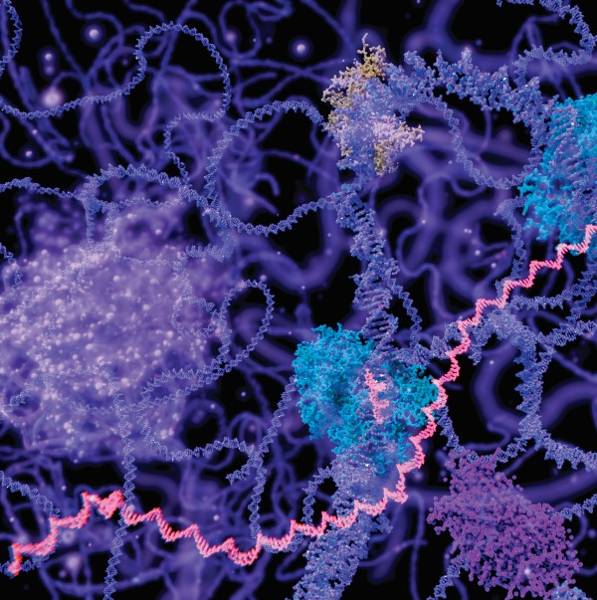
In his epic novel À la Recherche du Temps Perdu, Marcel Proust made the madeleine cake into a metaphor for nostalgia, describing how it instantly conjured the particular mood of his childhood days. As he understood, our sense of smell is uniquely linked to a part of the brain associated with emotions and memories. Today, a vast industry sells products on the promise that a mint bath bomb or lavender candle can lift our mental state.
Some scents affect us outside of our conscious awareness. Chemosignals are produced by our bodies when we feel happy or afraid. There is growing evidence that we communicate our emotional states to each other through these signals. When someone is frightened, for example, we may pick up a signal from their bodily secretions, activating a kind of emotional synchrony that may have had a role in the survival of our species.
A new study, coordinated by the University of Pisa, is being conducted into how chemosignals might act as emotional contagions. Enzo Pasquale Scilingo, a professor at the Department of Information Engineering, is coordinating a project called POTION which will investigate the possibility of transmitting emotions. The researchers collect the sweat from subjects who have been shown videos, chosen to produce emotions of fear or happiness. The chemical compounds in the sweat are then analysed, with the aim of investigating how they might be synthesised.
Scilingo is particularly excited about positive emotions. Could we bottle the scent of happiness? The transmission of positive emotion has been a neglected area of study, in comparison with the communication of negative feelings like fear. However, a 2015 study published in the Psychological Science journal found that exposure to body odour collected from senders of chemosignals in a happy state induced facial expressions and perceptual-processing styles indicative of happiness in the receivers.
It’s still early days, but Scilingo hopes that chemosignals could be used to treat rising cases of depression in the aftermath of the Covid-19 pandemic. Many survivors of the virus have been left with a lost or damaged sense of smell and taste, with significant impacts to their mental health. A deeper understanding of chemosignals could help us with the complex link between mood and olfaction.
There is much more to be learned about this hitherto somewhat neglected sense. But while Chanel might tell us that their latest perfume will bring the wearer limitless joy, wouldn’t it be preferable to make use of a “happiness scent” backed by science?
This article is from the New Humanist summer 2021 edition. Subscribe today.

